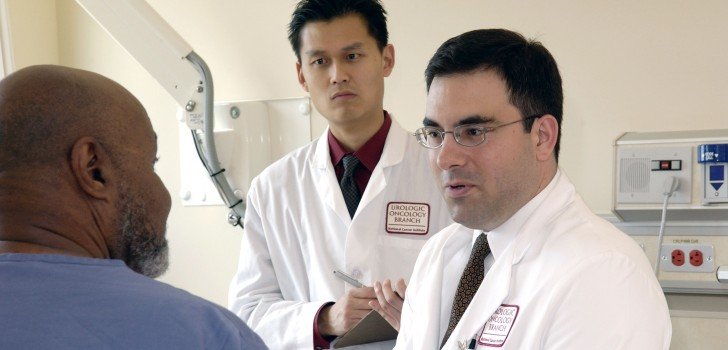Everyone who has worked in the medical field knows that doctors can sometimes be demanding and make rude comments to their staff during medical procedures. And, according to a recent study, the rude comments made during high-pressure medical settings could have deadly effects on patients.
The study, “The Impact of Rudeness on Medical Performance: A Randomized Trial,” was published in the journal, Pediatrics, and shows that rude comments made by doctors to other doctors or nurses decreased performance of medical teams.
Amir Erez, an author on the study and a professor at the University of Florida noted that, “We found that rudeness damages your ability to think, manage information, and make decisions.”
For their experiment, Erez and his team gave 24 different medical teams from Israeli neonatal intensive care units – each with one doctor and two nurses – one hour to diagnose and treat a simulated case.
Before beginning their work, the teams were informed that a leading NICU expert from the United States would observe them via webcam. During the procedures, one-half of the teams heard the “observer” state that he was “not impressed with the quality of medicine in Israel.” The other control-group teams simply heard that the observer had watched other teams – without making rude comments.
Ten minutes into the procedure, the observer told the control group that he hoped the workshop helped them improve as medical care providers. He told the other teams, however, that the medical team he had been observing “wouldn’t last a week” in his department.
The rude comments had dramatic effects. The teams who heard the rude comments struggled to communicate, cooperate, and effectively do their jobs, all of which caused their performance to suffer. The team misdiagnosed the illness, they did not properly ventilate the patients, they forgot instructions, they did not ask for help, doctors requested the incorrect medication and nurses mixed the wrong medications.
Overall, the rudeness caused a 52 percent difference in how well the medical teams diagnosed the disease, and a 43 percent difference in how they treated it. In the real world, these performance differences could have made the difference between life and death.
These studies suggest that rudeness and other disruptive behaviors are so powerful because they spread like wildfire and essentially sabotage a person’s working memory – which plays a critical role in our in-the-moment ability to reason, understand, learn and recall information.
When disruptive behaviors cause mental faculties to fail, teams put their patients at risk because they are literally physically unable to get past the rude comment. And as a result, rudeness could contribute to many preventable deaths caused by medical error in United States hospitals annually, which, amazingly is between 210,000 and 440,000 people annually.
Erez points out that, “Our results highlight the potential role of human interaction in [medical treatment errors], indicating that occurrence of even a mild rudeness can have adverse consequences on the diagnostic and procedural performance of NICU team members.” Erez further emphasizes that the study’s findings “show that even the mild incivility common in medical practice can have profound, if not devastating, effects on patient care.”
Stay Connected